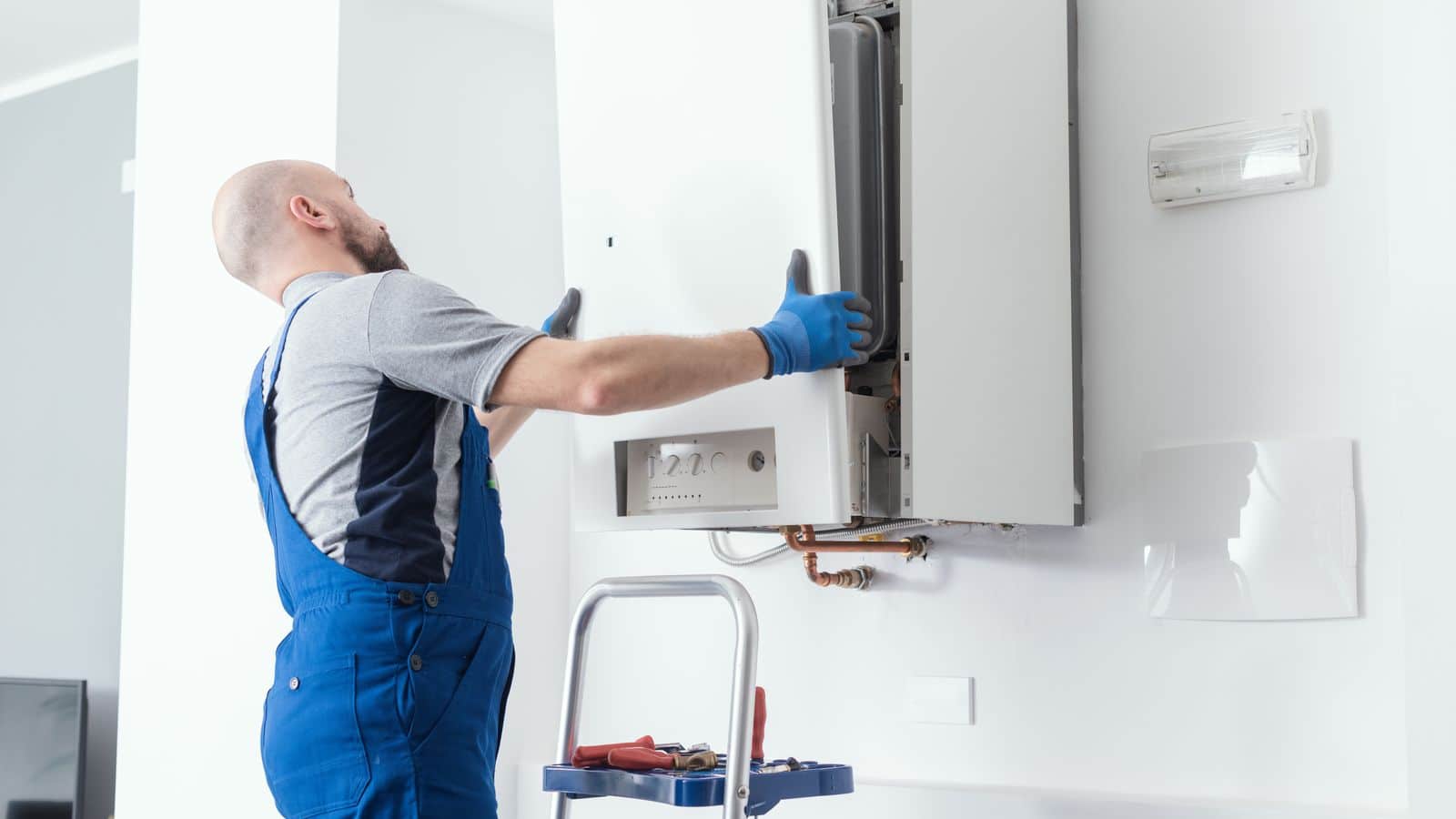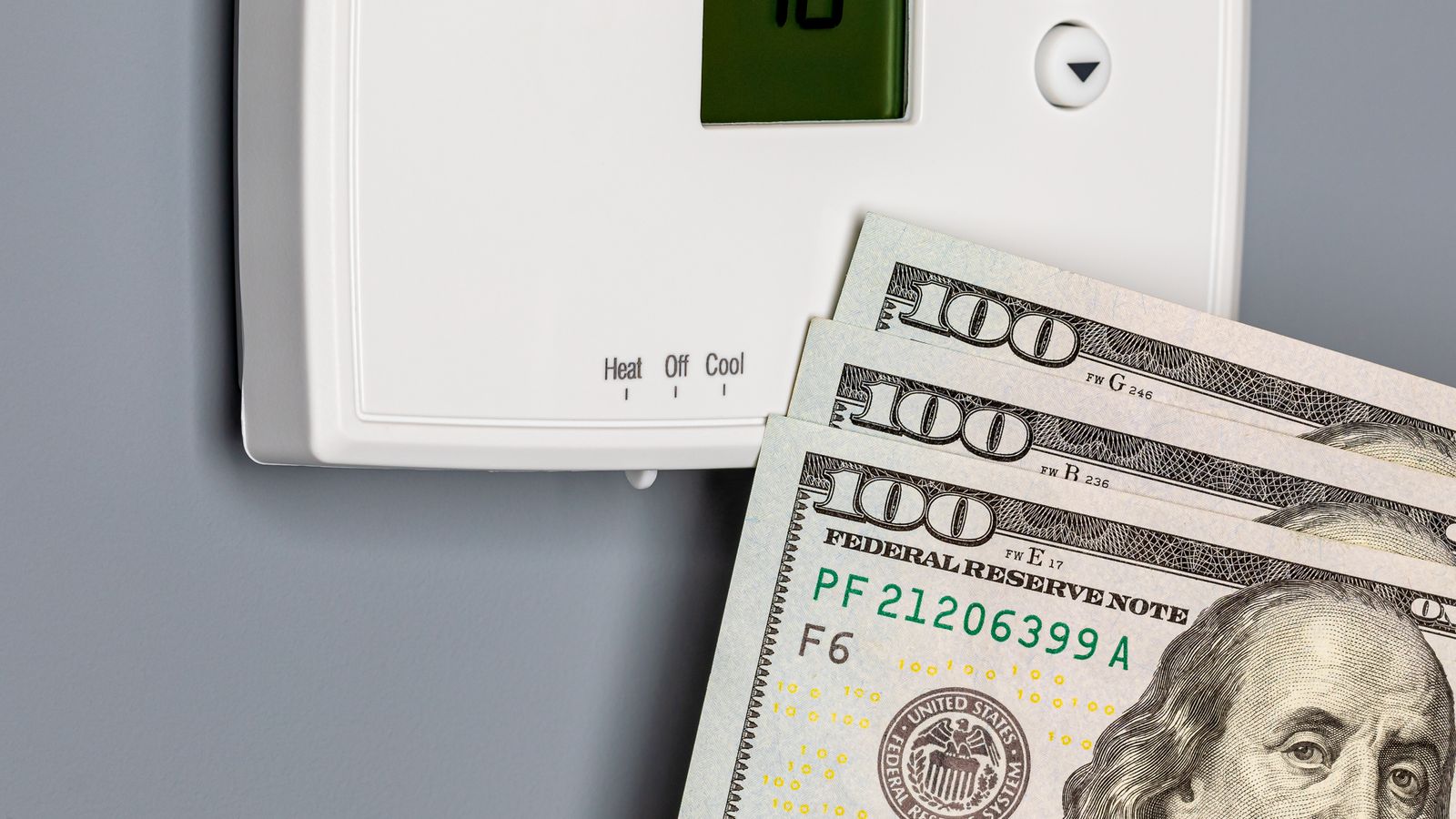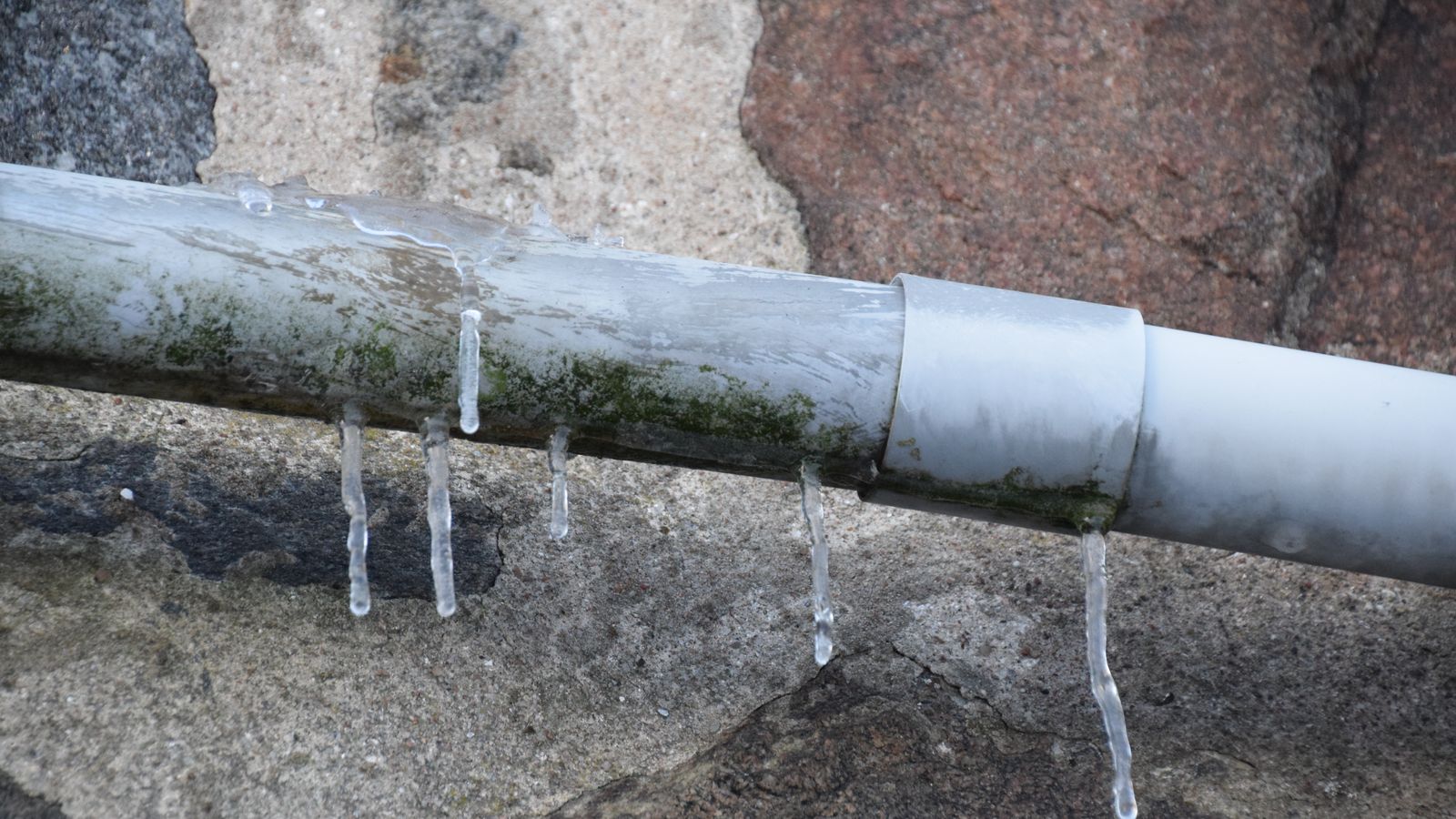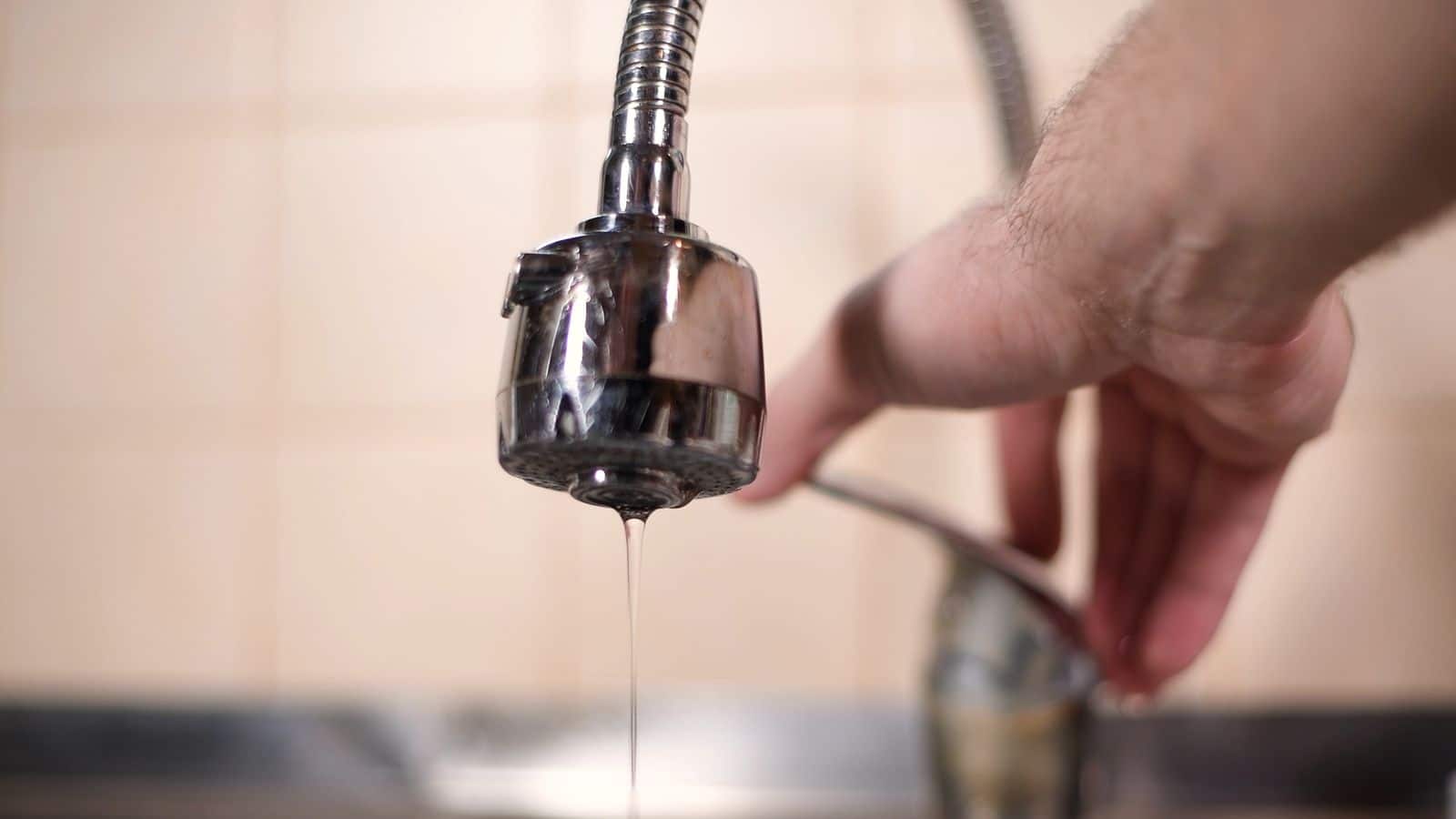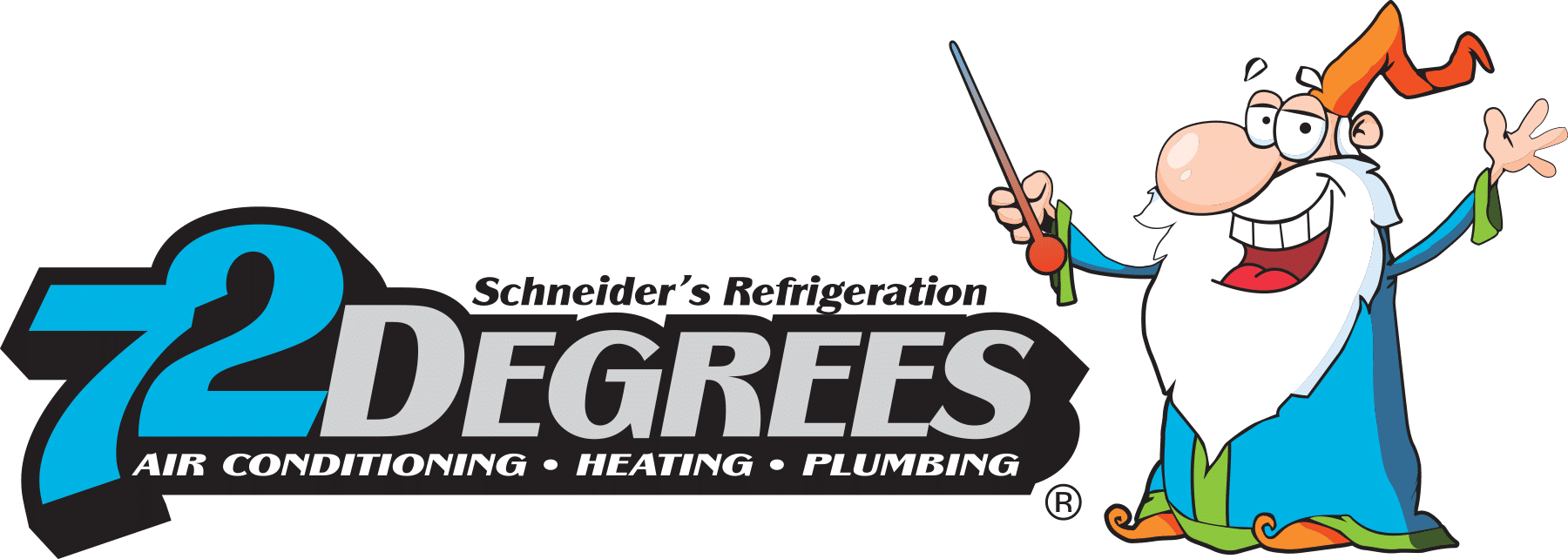Reliable hot water isn’t just a luxury—it’s essential for your daily routine. From warm showers to clean dishes, your water heater works hard every day. But over time, it can lose efficiency, costing you money and comfort. At 72 Degrees Air Conditioning, Heating, and Plumbing, we want to help Fredericksburg homeowners keep their water heaters running smoothly, saving you from cold showers and high energy bills.
Here’s why regular water heater maintenance matters and how you can protect your home from unexpected issues.
Why Draining Your Water Heater Matters
Did you know that sediment naturally builds up inside your water heater over time? Hard water, common in the Texas Hill Country, leaves behind minerals like calcium and magnesium that settle at the bottom of the tank. This sediment acts like an insulator, forcing your water heater to work harder and driving up energy costs. Without regular maintenance, these issues can snowball into expensive repairs or even a full water heater replacement.
Benefits of Draining Your Water Heater:
- Improved Efficiency: Removing sediment helps your water heater heat water faster, saving energy and reducing your bills.
- Extended Lifespan: Regular draining prevents buildup from damaging the tank, helping your water heater last longer.
- Consistent Hot Water: Say goodbye to running out of hot water during your shower or while doing dishes.
Signs Your Water Heater Needs Draining
Even if you’re not experiencing any obvious problems with your water heater, it’s important to be proactive about maintenance to prevent issues from developing. However, there are a few key signs that indicate your water heater is in need of draining sooner rather than later.
- Strange Noises: Popping or crackling sounds from the tank mean sediment has hardened and is interfering with heating.
- Cloudy or Rusty Water: Discolored hot water could indicate rust or heavy sediment buildup inside the tank.
- Hot Water Running Out Faster: Reduced capacity may be due to sediment taking up space in the tank.
- Higher Energy Bills: If your energy costs are climbing without explanation, your water heater might be overworking due to sediment.
How Hard Water Affects Your Water Heater in the Texas Hill Country
Living in the Texas Hill Country means you’re familiar with hard water. It’s just part of life here. While the high mineral content—like calcium and limestone—isn’t harmful to drink, it can cause significant issues for your plumbing and appliances, especially your water heater.
If you’ve never thought about how hard water impacts your water heater, you’re not alone. Many homeowners only notice when something goes wrong. Let’s break down what happens and why a little maintenance can go a long way in keeping hot water flowing effortlessly in your home.
What is Hard Water? And Why Does It Matter?
Hard water is water with high levels of dissolved minerals, particularly calcium and magnesium. These minerals react to heat, separating from the water and forming a solid layer of sediment at the bottom of your water heater’s tank. Over time, this buildup creates several problems that can sneak up on you:
1. Reduced Efficiency Means Higher Bills
Sediment acts like a blanket over the heating element, making your water heater work harder to heat the water. This uses more energy and drives up utility costs. Just half an inch of sediment can lower your water heater’s efficiency by up to 50%. No homeowner wants to pay more for less.
2. Less Hot Water for Your Home
Sediment takes up valuable space in your tank, meaning there’s less room for hot water. If your showers are suddenly cut short or you’re running out of hot water while doing dishes, sediment buildup could be the culprit.
3. Premature Repairs or Replacement
As sediment collects, it can lead to hot spots where the heating element meets the tank. These areas can weaken over time, causing cracks, leaks, or even rust. If left unchecked, this can lead to costly repairs—or worse, replacing the entire water heater.
Spotting the Signs of Hard Water Damage
The good news? Your water heater often sends out warning signs before things get serious. Here are a few clues that sediment buildup is causing trouble:
- Strange Noises: Popping or crackling sounds mean the sediment is reacting to heat, hardening at the bottom of the tank.
- Cloudy or Rusty Water: Discolored water from your tap could indicate rust or heavy sediment buildup.
- Sudden Spikes in Energy Bills: An overworked water heater consumes more energy, even if you’re not using more hot water.
- Reduced Hot Water Supply: If you’re running out of hot water faster than usual, sediment might be taking up too much tank space.
If you’re noticing these issues, it’s time to take action.
Why Professional Help Makes a Difference
While draining your water heater is something some homeowners tackle themselves, professional maintenance goes further:
- Safety First: Handling hot water and heavy tanks without the right tools can be risky. Our pros take care of it safely and efficiently.
- Comprehensive Care: We’ll inspect the tank, check components like the anode rod, and catch small issues before they become big problems.
- Tailored Advice: With our experience in Fredericksburg, we’ll recommend solutions like water softeners to reduce future sediment buildup.
Hard Water Solutions Need a Pro’s Touch
When it comes to hard water, two key solutions make all the difference: Regular Maintenance to keep your water heater efficient and Water Softeners to prevent buildup before it starts. Here’s why professional expertise is essential for both.
Regular Maintenance: Protecting Your Water Heater from the Inside Out
Professional maintenance isn’t just about draining your water heater; it’s about ensuring every part of the system functions as it should, providing safety, efficiency, and peace of mind.
Why DIY Draining Falls Short
While draining your water heater might sound simple, it’s a job best left to professionals. Water heaters can hold up to 50 gallons of water—over 400 pounds when full. Attempting to drain this amount without the right tools and expertise can be risky, especially if the water is still hot. For gas-powered units, the risks increase due to the potential for gas leaks or improper handling.
What Professional Maintenance Includes:
- Thorough Draining and Flushing: We efficiently remove sediment buildup to restore your water heater’s efficiency and performance.
- Comprehensive Inspection: From checking the anode rod to testing the pressure relief valve, we identify and resolve small issues before they escalate into costly repairs.
- Leak Detection: Even minor leaks can lead to significant water damage. Our technicians inspect your tank and pipes to catch leaks early.
- Efficiency Checks: We ensure your thermostat and heating elements are calibrated for optimal performance, reducing your energy bills.
By addressing these critical areas, professional maintenance doesn’t just keep your water heater running—it extends its lifespan, saving you money over time.
Protecting Your Water Heater with Water Softeners
While regular maintenance combats the effects of hard water, installing a water softener provides a permanent solution by tackling the root cause of the problem: excessive minerals in your water supply.
What Water Softeners Do:
Water softeners and conditioners filter out hard water minerals like calcium and magnesium before they reach your water heater or appliances. By removing these elements, water softeners:
- Prevent Sediment Buildup: Softened water eliminates the minerals that cause sediment, keeping your water heater running efficiently.
- Gradually Dissolve Existing Scale: Over time, softened water breaks down sediment and scale that have already accumulated, restoring your water heater’s capacity and efficiency.
- Improve Appliance Performance: From dishwashers to laundry machines, softened water reduces wear and tear on all your water-using appliances.
Immediate and Long-Term Benefits:
- Lower Energy Bills: With softened water, your water heater doesn’t have to work as hard, resulting in reduced energy consumption.
- Extended Appliance Lifespan: Studies show water heaters running on softened water can last up to 50% longer than those exposed to hard water.
- Better Quality of Life: Enjoy better-tasting drinking water, softer laundry, and reduced soap usage for cleaning and bathing.
We Are the Wizards of Comfort
At 72 Degrees Air Conditioning, Heating, and Plumbing, we’ve got the magic touch to keep your water heater working like a charm. Our expert technicians are available 24/7 to tackle everything from routine maintenance to hard water headaches, ensuring your home stays cozy and your hot water keeps flowing.
Looking for a hassle-free way to protect your water heater? Join our Home Comfort Club for regular maintenance, priority service, and exclusive discounts. It’s like having your own team of water heater wizards on call!
Don’t let hard water or sediment steal your comfort. Give the Wizards of Comfort a call at (830) 468-5316 or visit our website to schedule your water heater maintenance today. Let us work our magic for your home!

